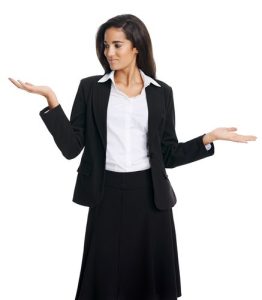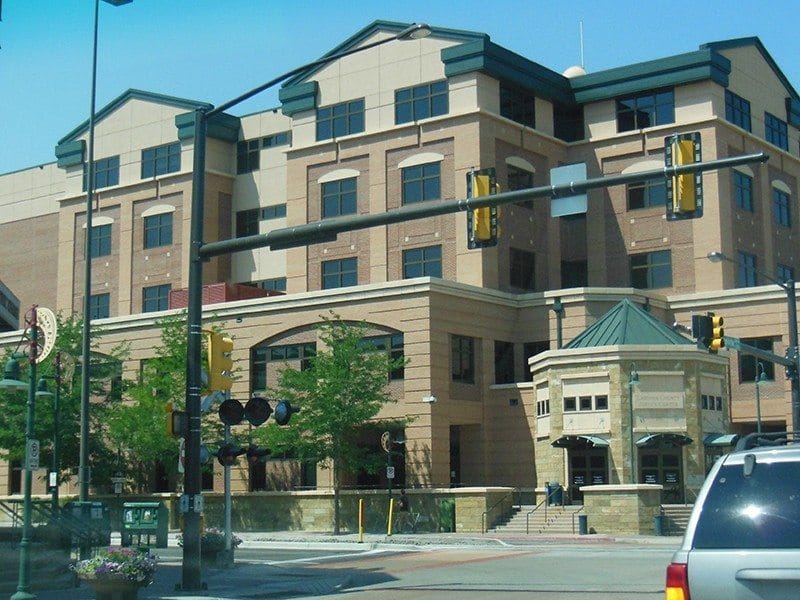
Recent controversy about immigration policies in the United States has sounded an alarm among members of the hospitality industry. Potential regulation changes could seriously impact the robust immigrant workforce in restaurants and hotels.
How the Hospitality Industry Relies on Immigrants
According to the National Restaurant Association, nearly one-quarter of restaurant employees nationwide are immigrants. That number is even larger among chefs, where immigrants make up 45 percent of the total.
The ratio is borne out in individual states such as New Mexico, where approximately 22 percent of hospitality workers are immigrants. Numbers are even higher at some individual businesses such as the Inn of the Governors in Santa Fe, where immigrants are one-third of the hotel’s 75 employees.
“The Hardest Workers”
Cynthia Fresquez, general manager of the DoubleTree Hotel in Albuquerque, estimates that 50 percent of housekeeping workforces are comprised of immigrants. Fresquez adds that immigrants are “the hardest workers” who keep the businesses going.
That sentiment is echoed by Sam Gerberding, general manager of the Inn of the Governors. Gerberding says that immigrants are “profoundly important” because they are willing and able to perform jobs that would otherwise go unfilled.
Fernando Olea, owner and chef at Sazon, a Mexican restaurant in Santa Fe, employs a staff that is roughly 30 percent immigrants. Olea admits that he doesn’t know “how restaurants would be able to operate” without the immigrant workforce.
Lighten the Load with Battery-Powered Hotel Carts
As Cynthia Fresquez pointed out, housekeeping is the backbone of hotel operations. Visit our website to learn how you can improve staff efficiency and safety with electric hotel carts from DJ Products.








